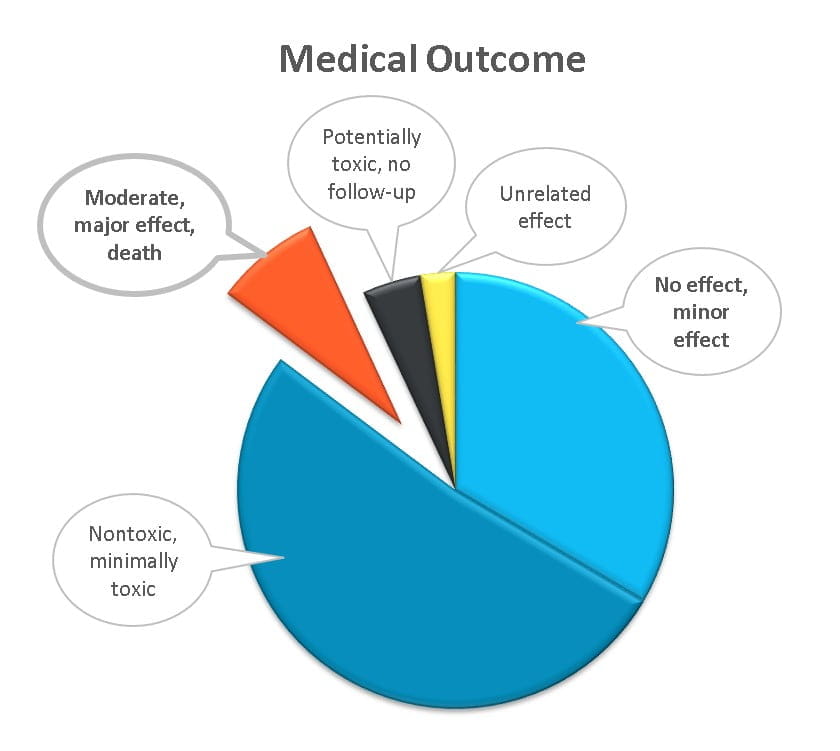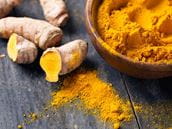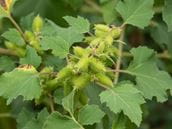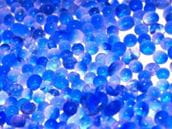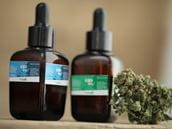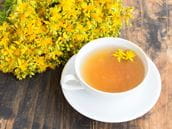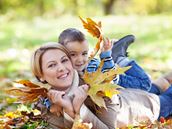
Mustard and Mustard Oil Safety
Mustard is a popular condiment, but it can cause allergic reactions in some people. Mustard oil is often used for cooking, but only essential mustard oil is approved for use in foods by the FDA.
Displaying 71 - 80 of 199 results for "poisonous plant"
Mustard is a popular condiment, but it can cause allergic reactions in some people. Mustard oil is often used for cooking, but only essential mustard oil is approved for use in foods by the FDA.
Turmeric is a popular spice that has been used for centuries as an herbal medicine due to its antioxidant and anti-inflammatory properties. Despite its popularity, turmeric is actually poorly absorbed by the human body. Although some have advocated for its use as a treatment for COVID-19, data to support the use of turmeric for COVID-19 are lacking.
The common or lesser periwinkle (Vinca minor) has traditionally been used to treat several illnesses. It is always best to consult with your primary care provider and pharmacist before starting any herbal or supplement regimen to avoid any potential interactions with prescription or over-the-counter medications.
Cocklebur seeds might look and taste like sunflower seeds but they should never be eaten! The seeds can cause abdominal pain, vomiting, low blood sugar, seizures, and severe liver injury.
Many household items are non-toxic (not poisonous) to children, even though they sound scary. Birth control pills, silica gel packets that say "do not eat", and potting soil are among them. BUT young children can choke on non-toxic products.
Kava kava is an herbal product sold over the counter for its possible calming effect. Recently, the FDA has offered recommendations on restricting kava kava in some groups because certain formulations might cause liver damage.
Check out our tips and articles for preventing poisonings during the Fourth of July.
Cannabidiol (CBD) is one of the most studied compounds of the cannabis plant. CBD drew attention when it was shown to stop seizures in a group of patients with a form of epilepsy that does not respond to conventional therapies. Potential benefits of CBD might include anti-inflammatory, immune system, and anti-anxiety effects. A great deal more scientific investigation is needed.
St. John's wort has been used for centuries and is generally regarded as safe when taken alone and in recommended doses. However, it is well known to have several drug interactions that can result in serious adverse effects or other problems with medications you might already be taking. Consult your physician and pharmacist before starting herbal products or dietary supplements.
Check out our tips and articles for preventing poisonings in autumn.
Don't guess what you should do. Get accurate Poison Control answers online or by phone. Both are free and confidential.
or CALL 1-800-222-1222
The Poison Post® is a free, quarterly
e-newsletter delivering poison prevention tips right to your inbox!
Learn the Poison Help jingle in English or Spanish. Use these jingles to teach the Poison Control number: 1-800-222-1222. Available for download.
